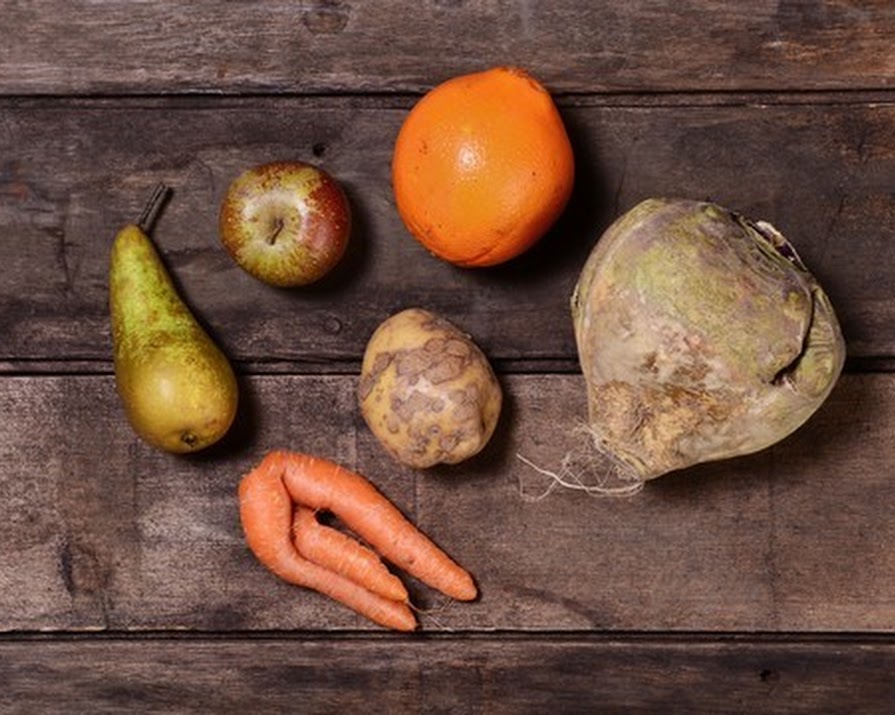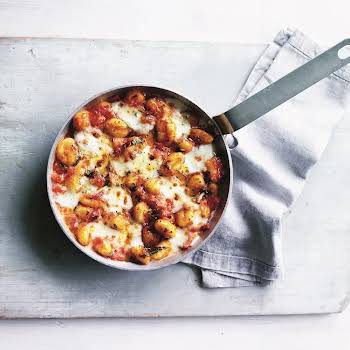
By Jeanne Sutton
21st Jul 2015
21st Jul 2015
wonky fruit and veg asda
Hashtags can be a minefield. Sometimes they can be used to label and shame young women across social media after an invasion of their privacy. Other times they become a powerful symbol against the powers that be – take Instagram’s ban of #curvy and the reaction of body positive activists against this paternalistic censorship. And then are some just plain cute hashtags that no one could possibly slam in a thinkpiece. Meet #WhatTheFork, a US-based campaign that is calling on consumers to learn to love their ugly, misshapen fruit and vegetables.
In America,Refinery29 reports?EndFoodWaste.org estimates 26% of food produce is wasted, with only pretty and cosmetically pleasing vegetables making it to the shop aisles. #WhatTheFork is the brainchild of food activists hoping to change people’s attitudes towards bad looking fruit and vegetables. A?petition is asking major grocery stores to sell #uglies at a cheaper rate than other products. The benefits of this will mean a reduction in greenhouse emissions – thrown away food ends up in landfills and contributes to environmental damage – and it may also lead to people being able to afford healthier food in their diets.
Jamie Oliver led a similar effort earlier this year with Asda after his market research uncovered farms rejecting up to ten tonnes of unattractive vegetables.
No one carrot is alike and they all taste great! #WhatTheFork pic.twitter.com/VJcQV9Up5i
? Wash Youth Garden (@WashYouthGarden) July 21, 2015
Food waste in Ireland is estimated by the EPA to cost Irish households €700 a year. Over one million tonnes of food waste is accumulated in this country every year, with homes making up 1/3 of this massive pile, with the majority of our rubbish actually avoidable through smarter shopping and composting. Thankfully one organisation is trying to change our mindset in relation to this whole issue.
FoodCloud is an Irish social enterprise that is trying to address the burgeoning problem of food waste here. It works via an app notification service and links food businesses with unsold produce at close of business with charities who want to help people struggling to pay for their next meal. With Dublin’s homelessness situation growing worse by the day, FoodCloud is a private enterprise helping people who have been failed by society. And it’s helping bring an end to food waste.
Iseult Ward is the CEO and while she admitted to us in an interview that some business are reluctant to donate leftover food because of health and safety laws, that ?Most organizations have been very supportive in working with us to overcome these barriers, I think anyone who works closely with food would much rather see it given to people to eat rather than thrown in a bin.?
Via Refinery 29























